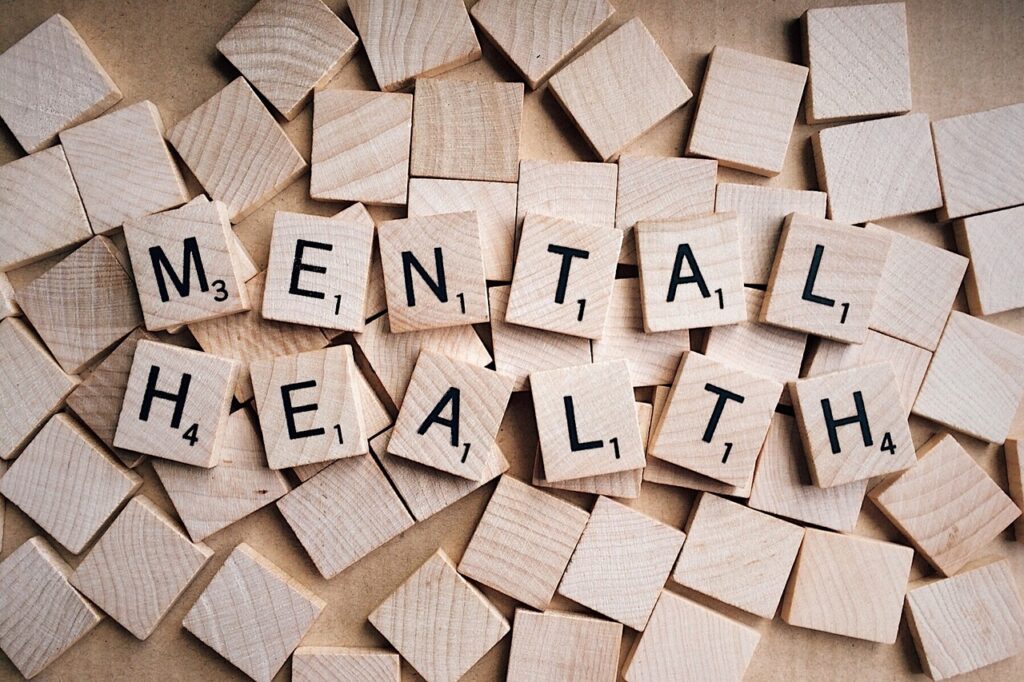7 Easy Ways To Take Care Of Your Mental Health And Well-being”

The COVID-19 pandemic has taken a toll on people’s mental health. People from all walks of life have experienced stress throughout the pandemic – from frontline workers who are overwhelmed with work, young people who can’t go to school, family members who are separated from each other, those impacted by COVID-19 infection or loss of loved ones, or people with pre-existing mental health conditions who face difficulties in accessing mental health services during lockdowns.
It is understandable to feel scared, anxious or helpless during this unprecedented time. But whatever situation you are in and wherever you are in the Pacific, you have the power to look after your mental health and well-being. As we celebrate World Mental Health Day this 10 October, here are 6 things you can do to help you cope, not only with the COVID-19 pandemic, but any event that may cause stress.
1. Surround yourself with good people:
People with strong family or social connections are generally healthier than those who lack a support network. Make plans with supportive family members and friends, or seek out activities where you can meet new people, such as a club, class or support group.
Do It
Talk to someone you trust – whether a friend, a family member, or a colleague – can help. You may feel better if you are able to openly share what you are going through with someone who cares about you.
2. Take care of your body and physical health
Taking care of yourself physically can improve your mental health. Be sure to:
Eat nutritious meals
Avoid smoking and vaping
Drink plenty of water
Exercise, which helps decrease depression and anxiety and improve moods like running, walking, yoga, dancing, cycling,
Get enough sleep. Researchers believe that lack of sleep contributes to a high rate of depression in college students.
3. Value yourself : Do activities and enjoy
Treat yourself with kindness and respect, and avoid self-criticism. Make time for your hobbies and favorite projects, playing with your pet, walking in the park or broaden your horizons. Do a daily crossword puzzle, plant a garden, take dance lessons, learn to play an instrument or become fluent in another language, Having a regular routine with activities that make you feel happy will help you maintain good mental health
4. Avoid alcohol and other drugs:
Don’t use harmful substances such as drugs, alcohol or tobacco to cope with what you’re feeling. Though these may seem to help you feel better in the short term, they can make you feel worse in the long run. These substances are also dangerous and can put you and those around you at risk of diseases or injuries
5. Learn how to deal with stress:
Like it or not, stress is a part of life. Practice good coping skills: Try One-Minute Stress Strategies, do Tai Chi, exercise, take a nature walk, play with your pet or try journal writing as a stress reducer. Also, remember to smile and see the humor in life. Research shows that laughter can boost your immune system, ease pain, relax your body and reduce stress.
6. Set realistic goals:
Decide what you want to achieve academically, professionally and personally, and write down the steps you need to realize your goals. Aim high, but be realistic and don’t over-schedule. You’ll enjoy a tremendous sense of accomplishment and self-worth as you progress toward your goal.
7. Get professional help when you need it:
If you feel like you cannot cope with the stress that you are facing, seek professional help by calling your local mental health helpline or getting in touch with your counsellor or doctor. Remember you are not alone, and there are things you can do to support your emotional well being.
